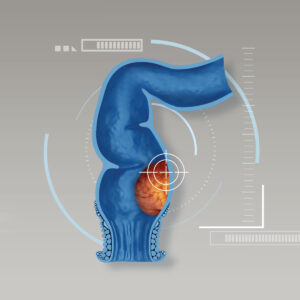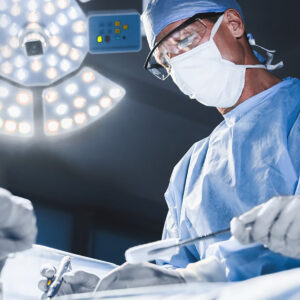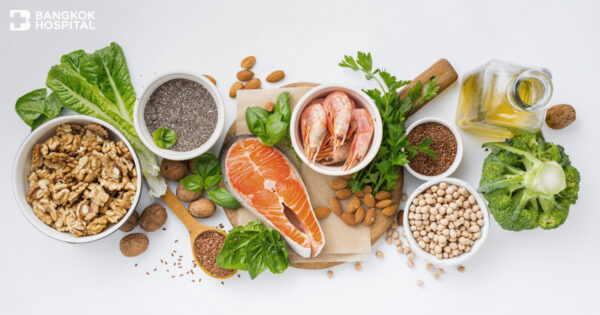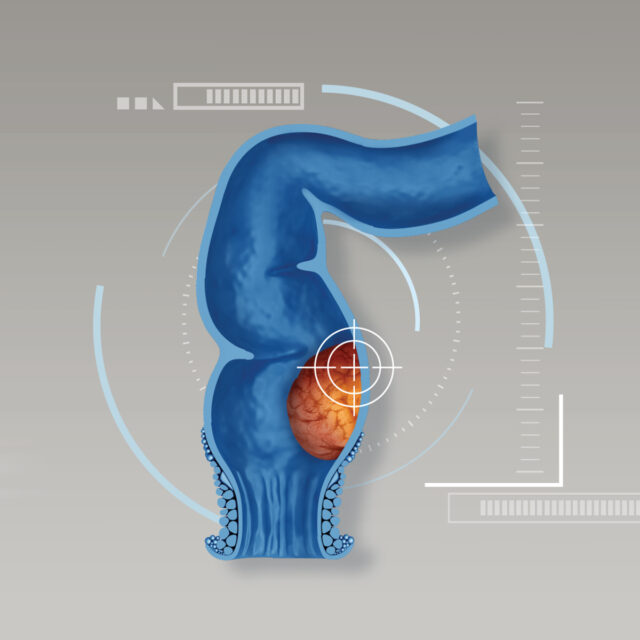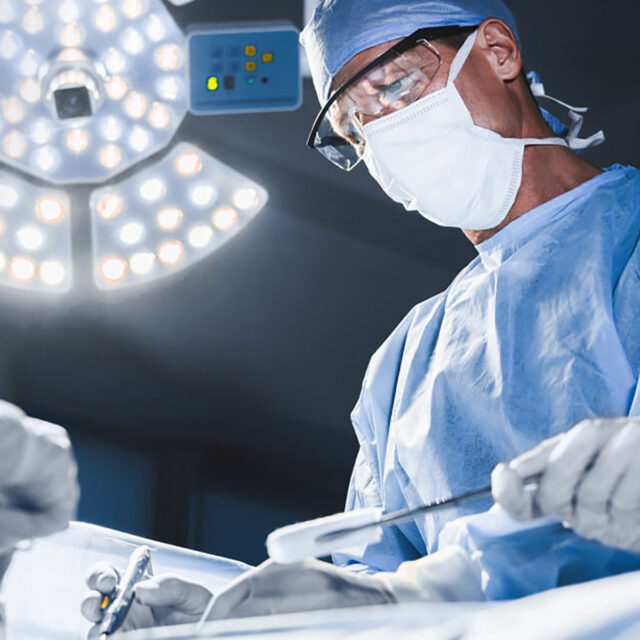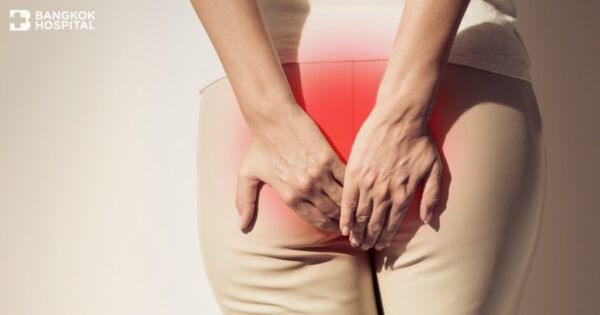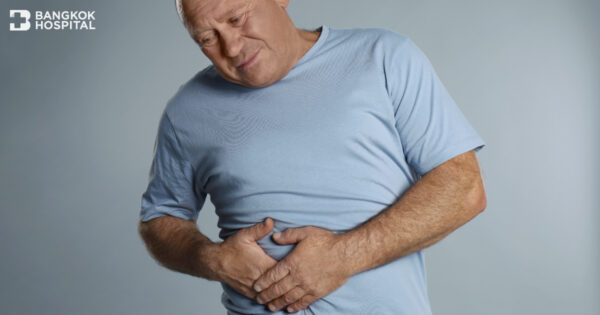Hernia, which affects both men and women, is a condition when a part of an organ or a bowel protrudes through a weakened spot in the abdominal wall. Timely surgical treatment is required and nutrition therapy will help the patient recover quicker afterwards.
Clear Liquid Diet Post – Surgery
Patients may feel some discomfort from flatulence or indigestion right after surgery. Thus, doctors may recommend clear liquid diet, such as clear soup, non-acidic juices (apple juice or tea), or jelly in the initial stages of recovery. Although they may have less nutrition and calories, but they will prevent dehydration during this phase.
Nutrition to Prevent Constipation
Lack of physical activities after surgery in combination with painkillers are the main causes of constipation in recovering hernia patients. Fluid consumption will alleviate these symptoms, though the amount is dependent on physical activities as well as the climate. On average, patients should drink at least 8 glasses of water per day. Alternatives may include 100% fruit juice, tea, decaffeinated coffee (with minimal sugar content), or low-salt clear soup. Also, choose meals composed of high fiber diet, such as fruits, vegetables, and whole grains (brown rice, whole wheat bread, adlay, oats, etc.).
Balanced Meals for Recovery
Well balanced meals will help the body recover. Consider fruits, vegetables, and whole grains together with healthy proteins from fish, meat, eggs, tofu, nuts, milk and dairy products, such as yogurt and cheese. Avoid high fat and high caloric foods with low nutritional values, such as syrup drinks, French fries, desserts, etc.
Proteins to Repair Muscles
Consuming enough protein post-surgery is necessary to support the immune system, help decrease inflammation, and promote muscle repair. Patients should eat 1 – 1.2 grams of protein per kilogram of body weight. For example, a 70-kg person should eat 70 – 84 grams of healthy protein, from sources such as fish, pork, duck, chicken, eggs, seafood, roasted nuts, tofu, milk and other low fat source.
Sample portions equivalent to 7 grams of proteins
- Fish 2 tbsp
- Pork tenderloin 2 tbsp
- Duck 2 tbsp
- Chicken 2 tbsp
- Eggs 1 ea
- Egg white 2 ea
- Crabmeat 2 tbsp
- Squid (5-inch) 1 ea
- Shrimp (2-inch) 4 – 6 ea
- Meatballs 5 – 6 ea
- Roasted nuts ½ cup
- Hard tofu ½ pc
- Soft tofu ¾ tube
Nutrition therapy after hernia surgery will not only help the body to recover quicker, but the right diet will also contribute to long-term health as well.
References & Resources
- Society of American Gastrointestinal and Endoscopic Surgeons: Patient Information for Laparoscopic Inguinal Hernia Repair from SAGES
- University Hospitals Case Medical Center: Open Inguinal Hernia Surgery Care Instructions
- University of Wisconsin-Madison School of Medicine and Public Health: Home Care after Laparoscopic Hernia Repair
- Academy of Nutrition and Dietetics: Clear Liquid Diet
- Academy of Nutrition and Dietetics: Nutrition Therapy for Constipation
- Nutrition Northwest: Surgery Increases Protein Demands in the Body
- Hospital for Special Surgery: Nutrition for Healing


